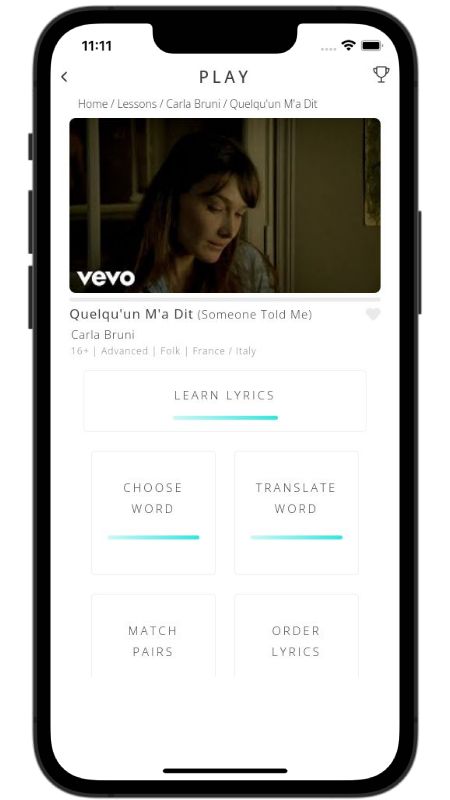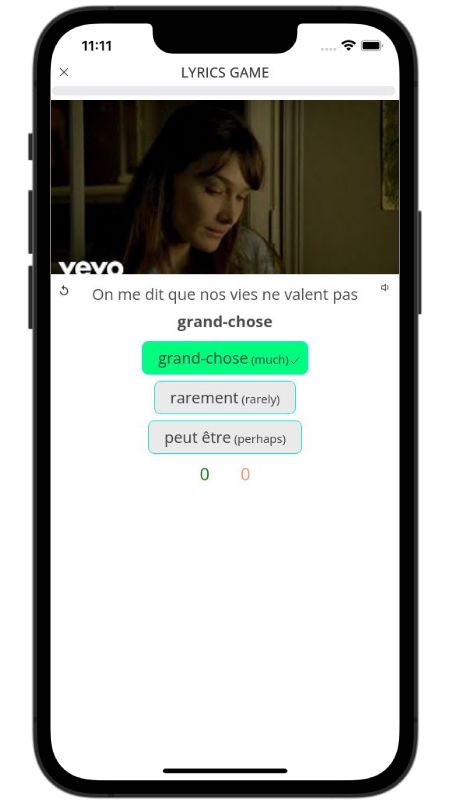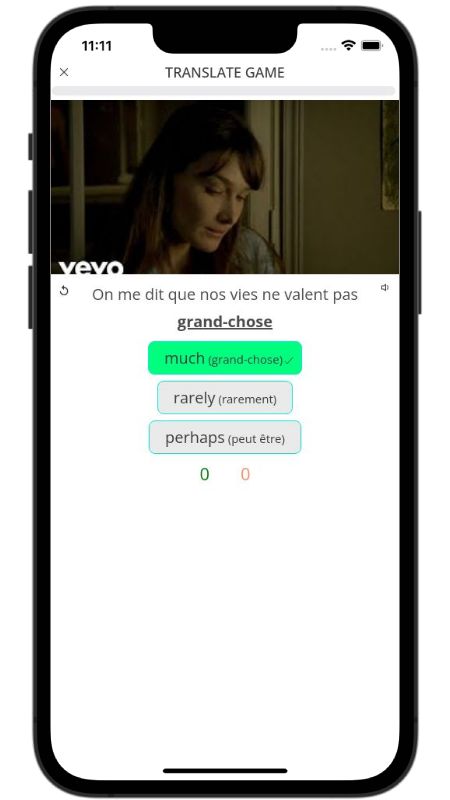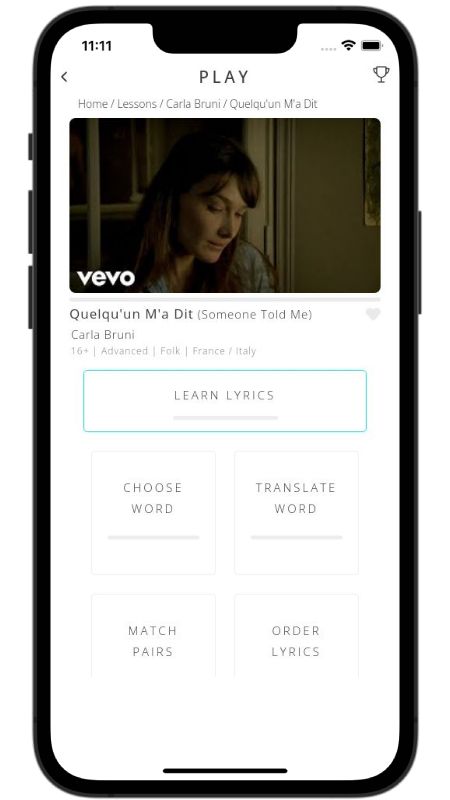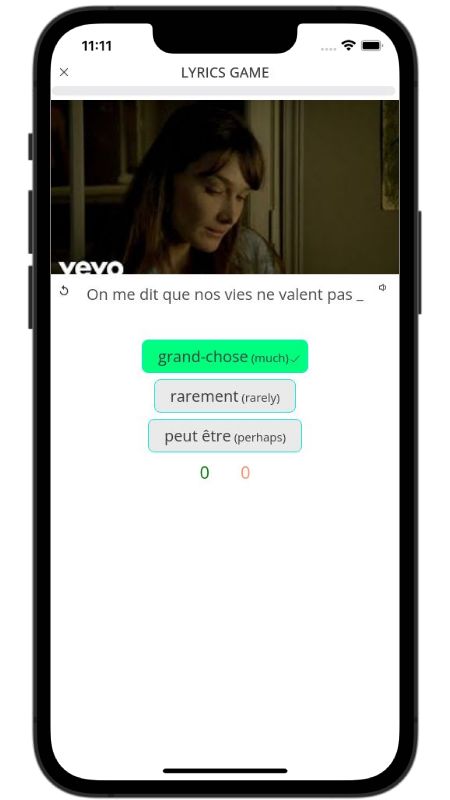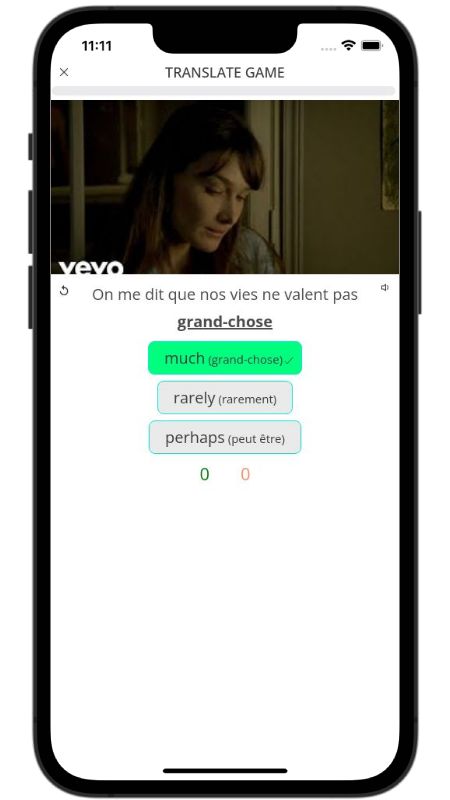Défoncé Lyrics in English Romeo Elvis
Below, I translated the lyrics of the song Défoncé by Romeo Elvis from French to English.
Intro
I'm lost
Where are you
Where are you
It's late tonight, I grab the bike and ride somewhere with no lights
Concrete ground for a soccer game
Where the cops don't even stop
Two blocks away, it's a rich district
And two blocks away, it's P. d'Nam'
I head down to Place Flagey where the drunk people
Put on a show, woh, woh, woh
Why can't I sleep I'm on the bike or the laptop
Even when I get into a dream, I wanna try to get out
At home it's sh*t and I haven't touched my pay, woh
I grab the bike and ride, toward the end of the week, woh
W-w-w-w-wasted w-w-w-w-wasted (where are you
W-w-w-w-wasted w-w-w-w-wasted (where are you
W-w-w-w-wasted w-w-w-w-wasted (where are you
W-w-w-w-wasted w-w-w-w-wasted
I'm weaker than my seum
Weaker than this anger
That keeps me down on the ground
Ass stuck to the saddle
I ride and watch the men
I've got more questions than in high school
Or than a game to win cash
Why can't I sleep
I'm on the bike or the laptop
Even when I step into a dream
I wanna try to get out
If I make it, it's the same, it'll end up in sh*t, woh
Far from the old freshwater b*tches
There're too many sharks in the sea
Woh
W-w-w-w-wasted
W-w-w-w-wasted
W-w-w-w-wasted
W-w-w-w-wasted
W-w-w-w-wasted
W-w-w-w-wasted
W-w-w-w-wasted
W-w-w-w-wasted
It's late, I should use this time
I pull some drags
Quit the jobs for illiterates
Find the one that'll give me broad ideas
The bike makes me slide to the bottom of the city
On the downhill I think of the good in life
When the climb starts I see evil grow
But effort pays off and drives the devil away
Why can't I sleep
I'm on the bike or the laptop
Even when I step into a dream
I wanna try to get out
Yeah, yeah, the capital's well lit at night
The lights guide me along Avenue Louise
Where my friends come to look for hookers
I'm lost
W-w-w-w-wasted
W-w-w-w-wasted
W-w-w-w-wasted
W-w-w-w-wasted
W-w-w-w-wasted
W-w-w-w-wasted
W-w-w-w-wasted
W-w-w-w-wasted, w-w-w-w-wasted
W-w-w-w-wasted, w-w-w-w-wasted
W-w-w-w-wasted, w-w-w-w-wasted
Lyrics and Translations Licensed & Provided by LyricFind
Lyrics © Universal Music Publishing Group, CONCORD MUSIC PUBLISHING LLC
Did you like this lyrics translation?
Did you know?
In addition to reading lyric translations, you can now learn French with music and lyrics from your favorite artists.
No more boring lessons. You can now learn with engaging and culturally relevant lyrics from the best artists.
Apple and App Store are trademarks of Apple Inc.
Google Play and the Google Play logo are trademarks of Google LLC.
MORE ROMEO ELVIS
iOS AppAndroid AppWeb LessonsFree PDF WorksheetsJoin ClassroomLyrics TranslationBlogAbout UsBuy as GiftLifetime
